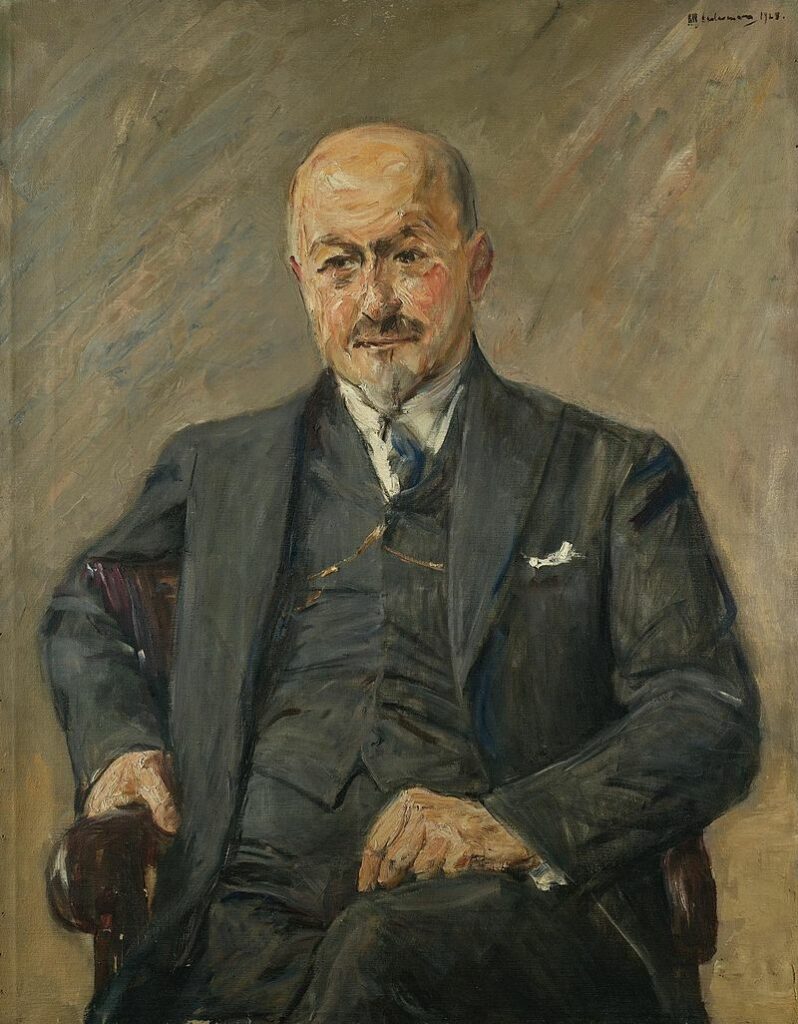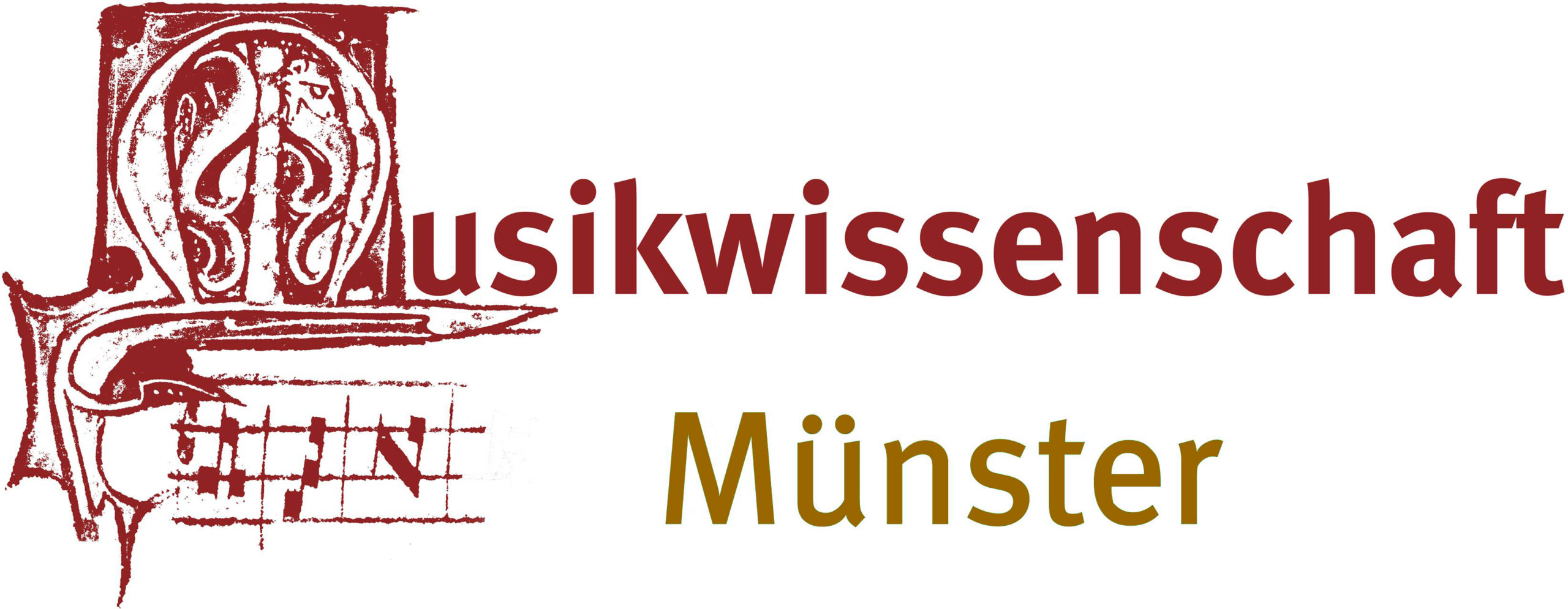Jewish singer, conductor, composer, music author and psychiatrist who was born in Posen (Poznan) which belonged to Germany during that time (today Poland). After studying medicine and singing in Berlin, Kiel, Bonn and Munich (graduating in 1898 with a medical dissertation about „Tabes dorsalis und Syphilies“ he continued studies in psychology and musicology in Berlin. During these years he made contact with leading artistic circles, among others he befriended the poet Christian Morgenstern, and thanks to the wealth of his father, merchant Albrecht Guttmann (1845-1919) he occupied the representative family mansion at the Kleiner Wannsee including a collection of modern paintings. In 1920 he and his second, non-Jewish wife Eva Guttmann, née Alschewsky (born 30 October 1897 in Storkow, died 1985 in Sykkylven), moved to Werder (Havel). Having traveled to Norway regularly since 1909 he built a house in Brettesnes (Lofoten) in 1927. After having been arrested on 1st November 1938 by the police in Potsdam he was released a week later on condition of leaving Germany immediately. Accordingly, he and his wife he emigrated to Norway in 1939 to live in their sommer house in Brettesnes, including parts of his large library and other personal belongings. In their home they were raided by members of the SS on 16th March 1941 as revenge for an English attack against the Lofoten Islands and taken on board a ship towards Svolvær. Via Åneby he was sent to KZ Grini (#94) on 30th March 1941 where he was released on 20th October 1941. Eva Guttmann was imprisoned in KZ Grini as well for four months. After their release they were relegated to the Finnmark where they had to live in a mountain hut near Biggeluobal under most primitive conditions. On 31st December 1941 Alfred Guttmann was arrested again to be deported to Germany but managed to escape with the help of a Norwegian friend from a hospital in Tromsø. When the Finnmark was evacuated in November 1944 Alfred and Eva Guttmann managed to return to the Lofoten where their summer house had been destroyed meanwhile. In 1946 they acquired Norwegian citizenship and moved to Sykkylven, a small village near Ålesund where Alfred Guttmann partly worked as a medical doctor. During his imprisonment and the following years of relegation he had prepared several manuscripts, representing both his interest in music and medicine. At least two of them were printed: „Musik in Goethes Wirken und Werken“ (Berlin 1949) and „Underbevissthetens gåter og problemer“ (Oslo 1951).
portrait by Max Liebermann (wiki commons)

